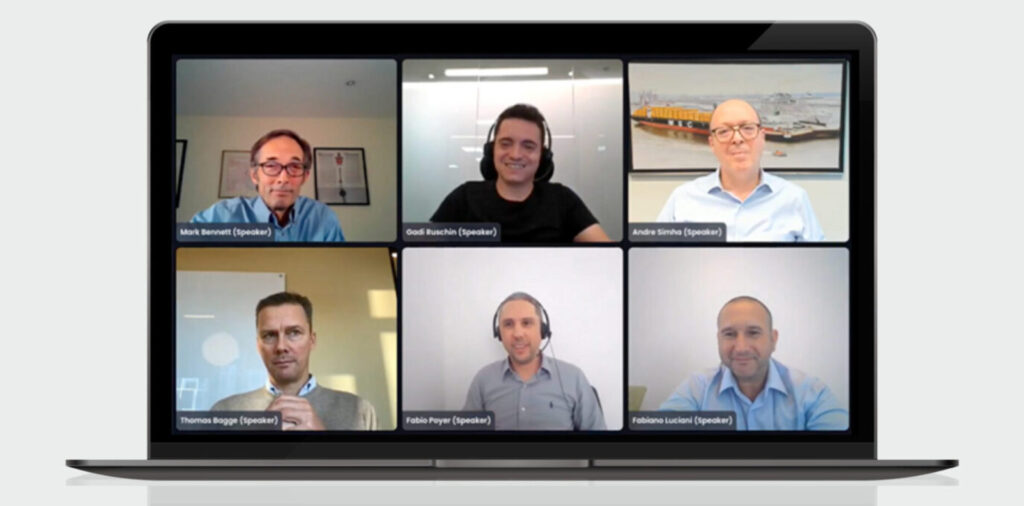The 13th Cool Logistics Global virtual conference and exhibition was held in collaboration with the Port of Rotterdam this year. Cool Logistics Global is the world’s leading network, conference, events, and knowledge hub for perishable logistics, shipping, and supply chain professionals. This year’s agenda revolved around the theme of “Looking Back and Building Forward.”
Raising the Digital Bar
For a company that on average transmits 24,000 shipping documents a month, BRF has a unique look into the challenges of keeping up with paper-based documents at any point in time during the lifecycle of a shipment.
“Everybody knows how big the problem is when losing an original Bill of Lading,” shared Fabiano Luciani, “it’s not easy to get a new original Bill of Lading issued.”
For Luciani and his team, the experience of issuing electronic Bills of Lading went beyond the cost-savings of a physical courier and the elimination of risking lost paper documents.
“We have invested in a digital transformation to automate our process, internally and externally, in order to mitigate situations like the pandemic. The eBL and a digital platform make all the difference.”
Implementing WAVE BL into BRF’s operations meant going digital and never looking back.
A Truly Decentralized Component
“It’s hard to find reasons why we wouldn’t accelerate this as much as we can,” says Thomas Bagge.
A decentralized solution, like the infrastructure that the WAVE BL network is built on, offers full control, full privacy, and a level of security that ultimately manifests trust in a digital space for transmitting various and valuable trade documents.
The powerful fundamental components of blockchain technology, like digital signatures, “allow us to mirror paper without any compromise,” adds Gadi Ruschin.
“It’s not science fiction; it’s not a pilot, it’s not in the future. Thousands of shipments are traveling in a much more efficient way, and customers are reporting enormous savings and peace of mind regarding the challenges of using paper.”
Collaboration for the Greater Good
Today, 90 percent of goods are transported by ships; therefore, impediments to ocean carriers’ workflows will have rippling effects felt across the trade landscape: delayed cargo, shortages in essential goods, higher trade costs, and, over time, slower economic growth.
The struggle with reliance on paper-based transactions leads to challenges with efficiency and is at the heart of what is at risk.
Like in the world of banking and finance, online transfers are a common reality for most people worldwide. “So why wouldn’t we do the same thing in shipping? There’s a huge opportunity to do this smarter, with better quality and less manual work,” adds Thomas Bagge.
The digital alternative for trade documents to pass through the ecosystem requires all institutions along the supply chain to join a cohesive network of partners to achieve true standardization.
“We need to invite everybody on board this initiative,” Luciani says.
“Digitalization is a journey, and the idea behind that is of course to please our customers, but it’s also to help us become more efficient,” added Andre Simha, “Now we’ve come to a step where we need to progress this much faster because in the end, everybody benefits. So the fact that we are collaborating, bringing partners, and doing this together with DCSA, really demonstrates that we are doing this for the greater good.”
Watch the full Cool Logisitcs Panel discussion and the Q&A that follows here.



